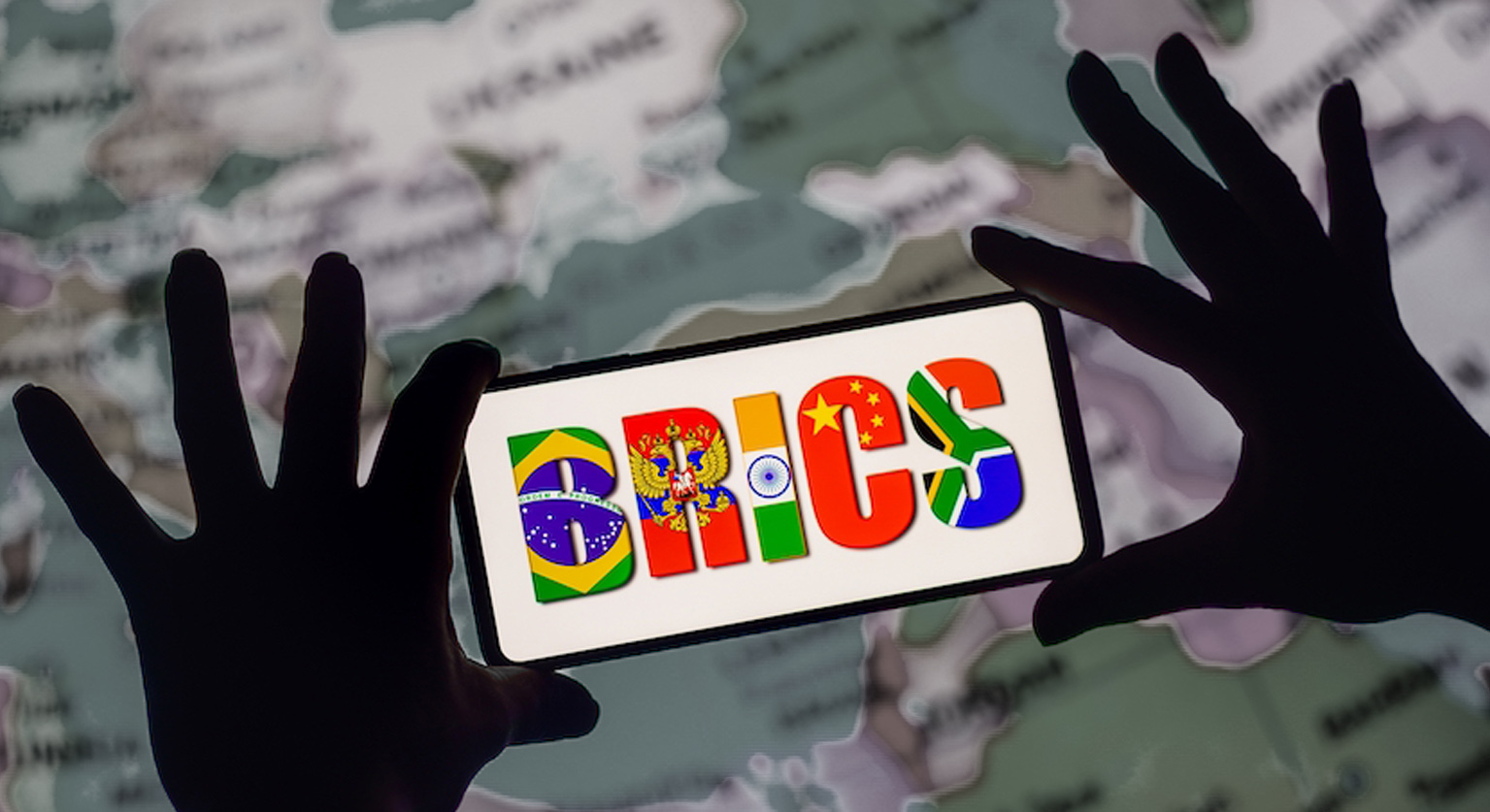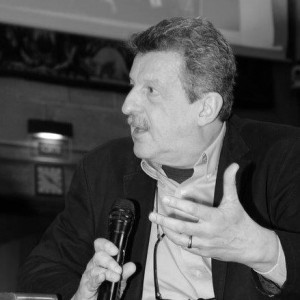

BRICS-Plus: Towards a multipolar world - Roberto Bissio
On January 1st, 2024, the start of the new year will mark the start of a multipolar world. On that the day the BRICS coalition of the biggest “emerging countries” (Brazil, Russia, India, China, and South Africa) will expand with the addition of Argentina, Egypt, Ethiopia, Iran, the United Arab Emirates and perhaps Saudi Arabia, officially invited but taking its time to announce, “the appropriate decision.” Some other 20 countries have additionally applied for membership to the informal group, provisionally known as BRICS-Plus.
The BRICS is an informal group that meets once a year at Summit level, with the rotating host assuming the chair and forming with the previous and the next chair a “troika” that prepares the agenda for the next meeting. It has no headquarters, no secretariat, and no formal bylaws… which is exactly the same format as the G7. The G7, formed by Canada, France, Germany, Italy, Japan, the United Kingdom, and the United States was created in 1975 to deal with the disarrays caused by the unilateral decision of US President Richard Nixon to end the gold standard. The Bretton Woods agreements of 1944 had made the US dollar the global currency by introducing a system of fixed exchange rates and committing the US Treasury to sell 1/35th of an ounce of gold for every dollar presented by any local or foreign holder. Facing the high costs of the Vietnam War and a depletion of gold reserves, as countries preferred bullion to paper money in their vaults, the US raised the price of gold to 38 and then 42 dollars in 1973. When this proved insufficient, the dollar became a free-floating currency and gold jumped to $183 per ounce.
To avoid financial chaos, the seven biggest economies (at that time) started to coordinate their policies in quasi-secret meetings of their finance ministers, followed by more publicized “club gatherings” at heads of state level.
The G7 includes three countries with veto power in the UN Security Council, and it used to have a majority of the voting shares in the Bretton Woods institutions. Over the years quota reallocations have reduced that percentage to 40% (US 16%, Japan 7%, Germany 4%, UK 3.8%, France 3.8%, Italy 2.7%, and Canada 2.5%). This “non-system” of ad-hoc meetings worked to navigate the subsequent crisis without reformulating the global finances until 2008, when the G7 could not cope with the collapse of the Western banks alone and the G20 was created.
One of the first decisions of the G20 in 2010 was to increase the voting power of developing countries in the Bretton Woods institutions, but the redistribution of quotas has so far been marginal. Important decisions in those institutions require an 85 percent majority, and the United States opposes any reduction of its share below the 15% threshold that ensures its veto power. The EU board members of the IMF and the Bank can also veto any decision if they act together. To pass resolutions, where a majority is needed, the G7 additionally coordinates with the Netherlands, Belgium, Sweden, and Switzerland in the so-called G10, a number which, again, does not correspond with the actual sum of participants.
The G7 and G10 meetings of finance ministers and central bankers usually precede the Spring and Autumn meetings of the World Bank and the IMF, and the heads of the Bretton Woods institutions are frequently invited, and they are given instructions.
Different studies show that G7 ministers and deputies are regularly informed of IMF decisions by senior IMF officials through conference calls. The Executive Directors (EDs) of the G7 and G10 countries coordinate among themselves and harmonize their positions on a vast number of issues.
UN Secretary-General António Guterres has qualified this global financial architecture as “outdated, dysfunctional and unjust”, and considers it has “failed in its mission to provide a global safety net for developing countries”. Addressing the Summit for a New Global Financing Pact, convened in Paris in June 2023, Mia Motley, prime minister of Barbados, voiced a common feeling of Southern leaders when she demanded “absolute transformation and not reform of our institutions”, meaning the United Nations and the multilateral development banks. “We speak not only to the need for money, we speak to the need for the reform of the governance systems.”
The frustration of their being excluded from a major say in the governance of the IMF and the World Bank, led the BRICS to create their own New Development Bank “with the purpose of mobilising resources for infrastructure and sustainable development projects in emerging markets and developing countries”.
The NDB has an initial capital of 50 billion dollars, equally divided among the five founding countries, while the World Bank has a capital of 280 billion dollars. But the NDB envisages to expand its capital to 100 billion in the short term and can consider further capital expansion in 2025.
In 2021, even before last August decision to expand the BRICS, the NDB initiated membership expansion and admitted Bangladesh, Egypt, and United Arab Emirates, with an average share of 2% each. Uruguay is in the process of joining and Saudi Arabia is also in talks to become a member.
To avoid the problems of inequitable governance that affect other development banks, the NDB Agreement establishes that all UN members can join, but no new member can have more than 7 percent of the shares and the total vote of non-borrowing members cannot exceed 20%. As new members join, the diminishing share of the initial founders should not go below 55%.
In its first months of operation the NDB has already lent the equivalent of some 33 billion dollars (roughly one third of the World Bank lending) to 96 projects. Around one third of that lending is not in US dollars and the NDB has already started to issue bonds in international markets in the currencies of the founders. This is consistent with the efforts of the BRICS countries to abandon the US dollar in the intra-group trading.
This capacity to mobilize funding and to lend without the heavy conditionalities usually imposed by the Bretton Woods institutions is part of what makes the BRICS attractive to countries of the Global South. This appeal is reinforced by the constant reaffirmation by the BRICS that they are not “confrontational”.
This message is not always understood or trusted. Thus, in Argentina, one of the new members of the BRICS, two of the three candidates currently campaigning for the presidency announced that they would abandon the group if elected, evidencing a view of the world deeply divided in ideological blocks, as in a new Cold War, where smaller countries could only choose which side they want to be part of.
This contrasts with the attitude of Brazilian President Lula da Silva, who after being acclaimed for his victory over the neofascist Bolsonaro was called “a deception” by the European press, due to his calling for a negotiated peace in Ukraine. Shortly after attending the Johannesburg meeting that surprised the world announcing the BRICS expansion, met with US President Joe Biden and both announced a Partnership for Workers’ Rights, as “the first joint U.S.-Brazil global initiative to advance the rights of working people around the world”.
The message for most small and middle-sized countries, is clear. Instead of deepening divides, the emergence of a multipolar world should be seen as an opportunity to finally make changes in a deeply unfair world order.
Roberto Bissio
coordinator of Social Watch
Recent publications

